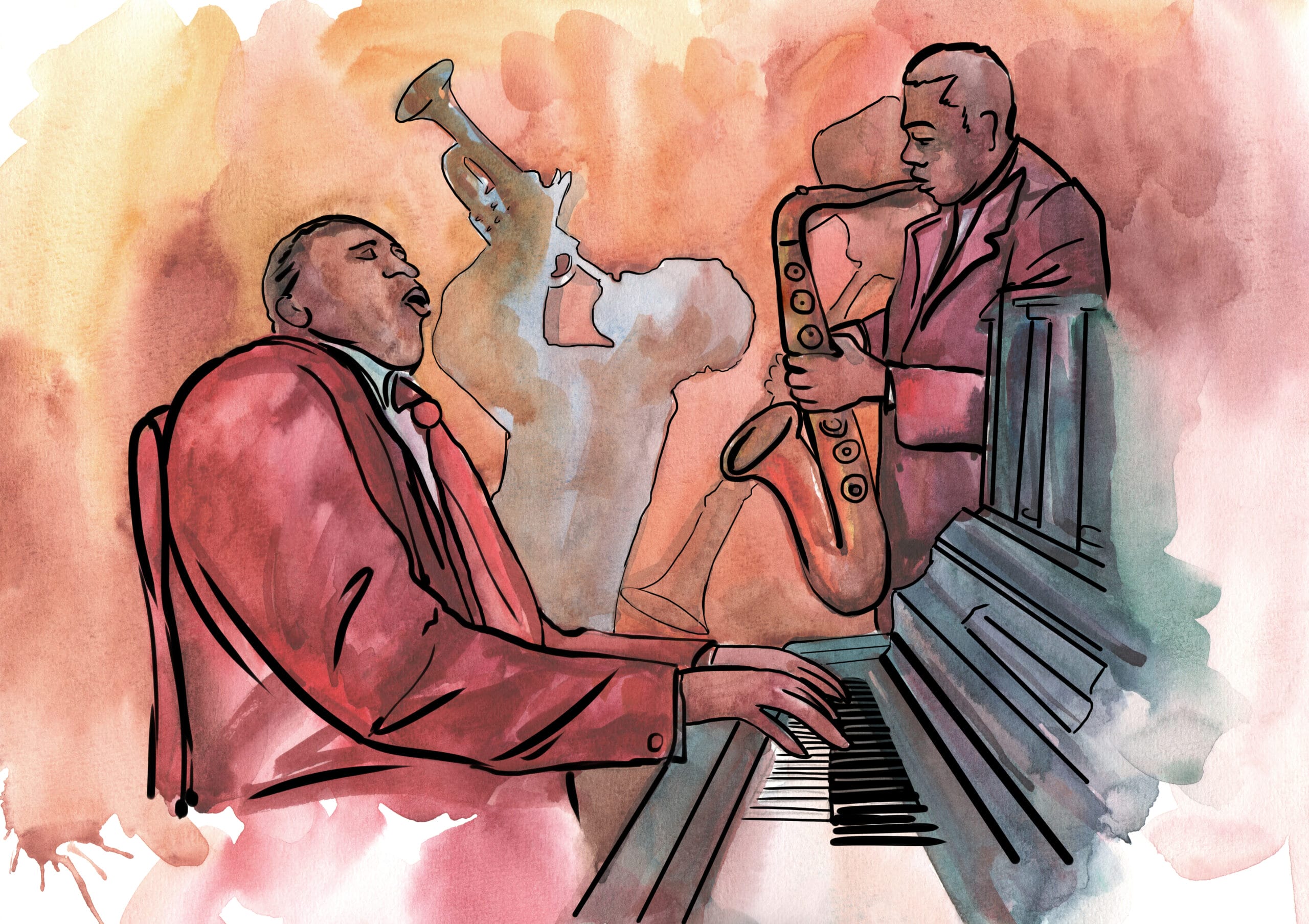International Jazz Day (April 30)

International Jazz Day, celebrated annually on April 30, highlights the global influence of jazz as a unifying force for peace and cultural dialogue.
This day honors jazz’s rich history and its ability to transcend borders, bringing people together through music.
From its origins in New Orleans to its worldwide impact, jazz has shaped countless artists and movements.
Whether you’re a lifelong fan or just discovering the genre, this unique holiday in April is the perfect opportunity to celebrate. Keep reading to explore its history, significance, and fun ways to participate.

When Is the Holiday?
International Jazz Day takes place on April 30th each year.
Who Invented It?
The holiday was established by United Nations Educational, Scientific and Cultural Organization (UNESCO) in 2011.
It was created to promote jazz as a global language of peace, encourage intercultural dialogue, and celebrate the genre’s role in uniting people across different backgrounds.

The History of the Holiday
The first celebration was held on April 30, 2012. The idea was championed by legendary jazz pianist and composer Herbie Hancock, a UNESCO Goodwill Ambassador for Intercultural Dialogue.
Since then, the event has grown into a worldwide celebration featuring performances, educational programs, and community initiatives in nearly every country.

Top 5 Facts About the Holiday
- It’s a UNESCO Initiative with a Big Impact. Since its inception, International Jazz Day has reached millions worldwide, with concerts held in more than 190 countries and a star-studded Global Concert each year.
- Jazz Diplomacy is Real. During the Cold War, jazz was used as a diplomatic tool, with musicians like Louis Armstrong and Duke Ellington touring internationally to foster goodwill.
- Every Year Has a New Host City. While celebrations happen everywhere, UNESCO designates an official host city each year, with past locations including Havana, Melbourne, and Istanbul.
- The Jazz Legends Show Up. The Global Concert features performances from some of the biggest names in jazz, including Herbie Hancock, Chick Corea, Esperanza Spalding, and Wynton Marsalis.
- Jazz Education is a Key Focus. Workshops, masterclasses, and school programs take place to teach young musicians and introduce new audiences to the art of jazz.

**This post may contain affiliate links. As an Amazon Associate and a participant in other affiliate programs, I earn a commission on qualifying purchases.**
Activities to Celebrate
- Attend a Live Jazz Performance. Look for jazz concerts, outdoor festivals, or intimate jazz club performances in your area. Many cities host special events on this day.
- Host a Jazz Listening Party. Gather friends and family for a curated jazz playlist featuring classics from Louis Armstrong, Duke Ellington, Miles Davis, and Ella Fitzgerald. Discuss the unique elements of each artist’s style and their influence on modern music.
- Learn About Jazz History. Dive into books, documentaries, and online resources to explore the rich history of jazz. Understanding its evolution enhances your appreciation for the music.
- Try Playing Jazz. Whether you play an instrument or sing, challenge yourself to experiment with jazz improvisation. Online tutorials and sheet music can help beginners get started.
- Create Jazz-Inspired Art. Express your creativity through painting, sketching, or digital art inspired by jazz themes. Consider using bold colors and dynamic lines to capture the movement and energy of jazz music.
- Support Local Jazz Artists. Attend live performances, purchase albums, or follow independent jazz musicians on streaming platforms to support the community.
- Watch a Jazz Film or Documentary. Explore jazz through cinema with films like Whiplash, La La Land, or documentaries about legends like John Coltrane and Miles Davis.
- Join a Jazz Workshop or Masterclass. Many universities and music institutions offer public workshops on jazz techniques and history, often with professional musicians as instructors.
- Start a Vinyl Collection. Jazz has a rich tradition in vinyl records, and listening to classic albums on a turntable adds a unique experience to the music.

Links to Resources
- UNESCO. The official site with event listings, history, and educational materials.
- Herbie Hancock Institute of Jazz. Dedicated to preserving and promoting jazz through education and community programs.
- Smithsonian Jazz. Offers articles, educational resources, and historical jazz recordings from the Smithsonian Institution.
- Jazz at Lincoln Center. Home to world-class jazz performances, educational initiatives, and resources for jazz lovers of all ages.
- Miles Davis: Kind of Blue Vinyl. This legendary jazz album is a must-have for any collection, offering timeless melodies and groundbreaking improvisation.
- Jazz Legends Coloring Book. A fun and educational activity book featuring illustrations of famous jazz musicians, great for kids and adults alike.

Related Holidays
This is just one of many celebrations dedicated to music and culture.
- Uncommon Musical Instrument Day celebrates the creativity and diversity of musical expression, encouraging people to explore lesser-known instruments.
- National Buy a Musical Instrument Day is the perfect occasion to invest in a new instrument and start learning how to play.
- Play Your Ukulele Day highlights the joy of playing the ukulele, a simple yet versatile instrument with a bright, cheerful sound.
- World Radio Day honors the impact of radio in sharing music and culture across the world.
- National Sing Out Day encourages people of all ages to embrace the power of song and share their voices with the world.

Pin it!
Share this post about International Jazz Day on Pinterest!

